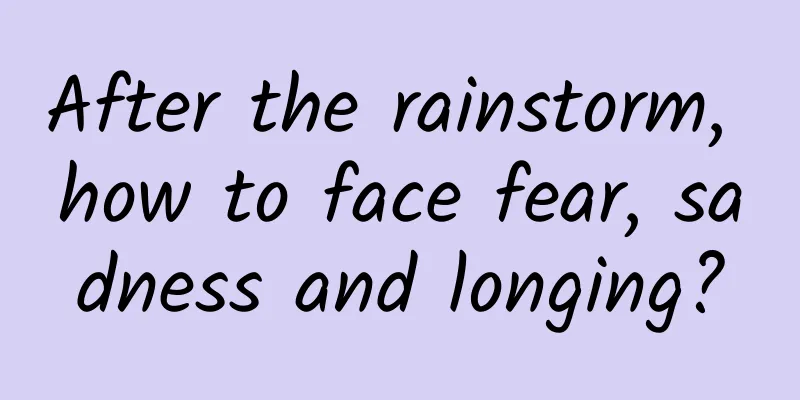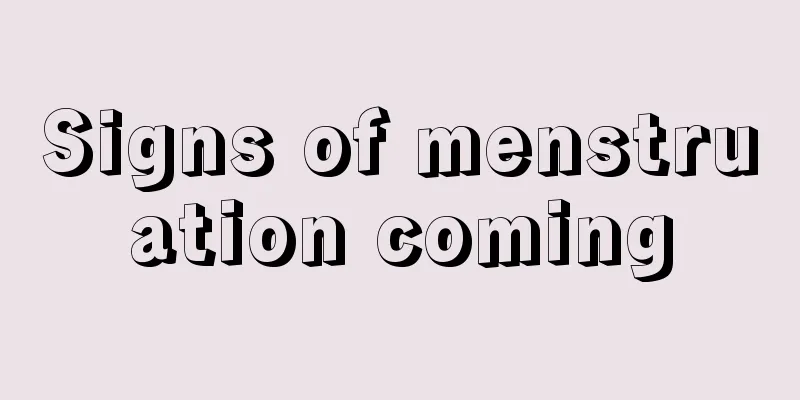After the rainstorm, how to face fear, sadness and longing?

|
After a rare and extremely heavy rainstorm, what psychological and physical reactions will we have after the disaster? How to properly deal with the psychological reactions after the disaster? How to conduct scientific psychological counseling? "When accompanying disaster victims, there are some things we need to be careful about. Some 'inappropriate' care may inadvertently cause secondary injuries to the victims. For example, repeatedly asking the other party about their experience when the disaster occurred, showing the other party horrific pictures and videos of the disaster, or discussing some very detailed disaster information. These are all things we must try our best to avoid when communicating with disaster victims." On July 25, Qu Yun, a registered psychological supervisor in Australia and teaching director of Yide (Shanghai) Psychological Counseling Co., Ltd., emphasized in an interview with reporters. Disaster victims often experience short-term acute psychological disorders When a major natural disaster occurs, victims often suffer from short-term acute psychological disorders or long-term psychological trauma, such as post-traumatic stress disorder (PTSD). According to statistics, 1 to 4 out of every 10 people who experience trauma will develop post-traumatic stress disorder. "The rainstorm comes suddenly, and people in it have no preparation or expectation, so their emotions and behaviors become abnormal. This is a very normal phenomenon," said Qu Yun. Experts point out that after a disaster, people may have the following reactions in the coming weeks. For example, they may be very worried that a disaster will happen again, and they may be afraid that they or their loved ones will be hurt; they may feel that people are so fragile and vulnerable, and they don’t know what to do in the future; most people may cry loudly or sob continuously to vent or relieve their feelings, while a few people may be numb and indifferent, without any expression; they may feel that God is unfair to them; they may feel empty when they think of their lost loved ones; they may constantly expect miracles to happen, but they are disappointed again and again; they may overreact to the sounds, images, smells, and other feelings related to disasters; and so on. The body will also experience various changes, such as fatigue, tremors, cramps, difficulty breathing, throat and chest congestion, uterine cramps, memory loss, muscle pain, dizziness, menstrual disorders, sudden increase in heart rate, nausea, diarrhea... "When faced with a natural disaster, people will feel very painful and unwilling to believe that it is real. They will also experience depression, sadness, grief, anxiety, worry and other emotions. The brain may have flashbacks, and they may not be able to sleep or eat well. These are inevitable. Most people will have these reactions after suffering a psychological shock," said Qu Yun. Don’t suppress or channel your emotions in pursuit of “emotional stability” Faced with such a huge impact, what should we do after the disaster? Experts suggest that the following simple methods can be used to help ourselves reduce the impact of negative emotions on us. First, ensure sleep, and do some relaxation and exercise activities, such as running, listening to music, etc. Second, ensuring diet and nutrition is a prerequisite for us to overcome traumatic illness and recover from trauma; Third, do not stop relatives and friends from expressing their pain. Allowing them to speak out about their pain is an important way to help them alleviate their pain. Fourth, don’t force yourself or others to forget the pain. A better way is to share the pain with our friends and family. "Don't suppress or so-called guide them just for the sake of 'emotional stability.'" Qu Yun reminded, "We should provide a better environment so that they can self-regulate more smoothly. "For the small number of patients who are unable to heal themselves, it is recommended that they seek medical treatment actively. As for the majority of people, do not rush to intervene, but give them time to heal themselves," Qu Yun called. |
Recommend
What should I do if I have sex one week after the IUD is removed?
There are many contraceptive methods now, and wea...
A lump at the vaginal opening
If a woman has some symptoms at the vaginal openi...
Can I drink barley porridge when my period comes?
We know that girls have a few days every month du...
Why does my nipple hurt when I touch it?
Breasts represent sex and love for women because ...
What soup is good to drink during confinement?
Women need some time to recover after giving birt...
Will cervical erosion cause lower abdominal pain?
A woman is a flower, blooming in the spring breez...
Placenta previa cesarean section for several months
Placenta previa refers to a growth and developmen...
Why do my breasts itch and my nipples hurt?
Because women's skin is delicate and sensitiv...
Brown blood after 20 days of medication
The blood of a normal person should be bright red...
What causes back and leg pain during menopause?
It is actually quite common to have back and leg ...
How long does the coccyx pain last during vaginal delivery?
Natural birth is the most common method of delive...
What should I do if my menstruation is delayed and my leucorrhea has an odor?
Women's health is receiving more and more att...
InfoWorld: Pinterest's development momentum exceeds Facebook: integrating social networking and e-commerce
Now, every time users share photo collections, Pi...
Why are my labia majora red?
Many female friends will encounter some physiolog...
Are gynecological diseases contagious?
Gynecological diseases are a disease with a very ...









